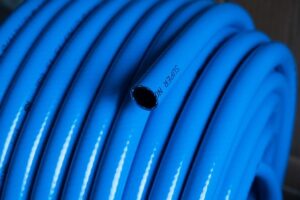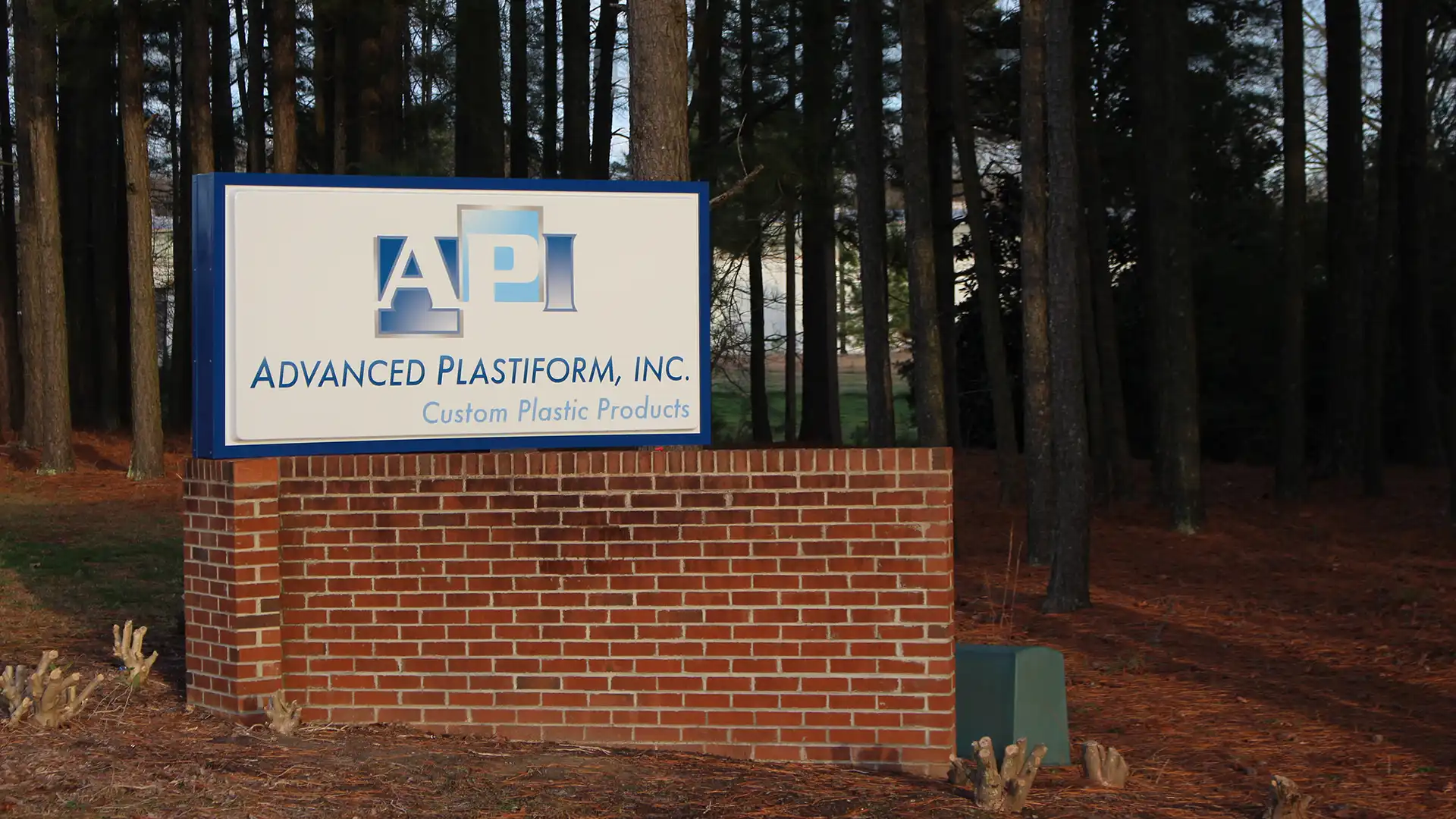Helping You Determine What is Best for Your Custom Plastic Component Thermoforming and injection molding…
At our injection molding and thermoforming company, we often use additives in thermoplastic materials to get the exact results our customers need. One type of additive that is used most often in plastic manufacturing is called a plasticizer, but what exactly do they do and what are they made of? Are they safe? We're taking a closer look at plasticizers so you know exactly what you're getting in your custom parts, products, and components.
What Is a Plasticizer?

Starting with the basics, a plasticizer is a low-volatility liquid or solid substance that's added to a raw polymer like a type of plastic or rubber to improve its flexibility, make it easier to shape and mold, and reduce friction on its surface. When they're added to a polymer, they work themselves into the polymer chains, acting like a buffer between the segments of molecules. Think of how the cartilage in your knee helps cushion the joints and aids in how the knee bends and moves. Plasticizers work in a similar way, and without them, the material would be hard, rigid, and more difficult to shape.
Four Families of Plasticizers
Over 30,000 substances have been tested for use as a polymer plasticizer, though today, only about 50 are available for use. Of these, they are divided into four families:
- Phthalates, which are used for flexibility in plastics
- Dicarbonates are used in shaping PVC at lower temperatures;
- Phosphates are used to make a material flame retardant.
- Fatty acid esters are added to rubber and vinyl to improve flexibility.
Where Are Plasticizers Used
There are over 8 million tons of plasticizers used each year, and most of those are added to polyvinyl chloride (PVC). Consider PVC for a moment - it ranges from a hard, rigid, brittle material used in water and sewer pipes, but it's also used to make shower curtains, flexible tubes, and cable covers. Without the plasticizers (most often, phthalates and fatty acid esters), PVC would stay in its hard, rigid form.
Use in Everyday Materials and Objects:
You'll find plastics with plasticizers in almost every industry, including:
- Medical thermoforming to create IV bags and flexible devices;
- Automotive thermoforming to mold flexible hoses;
- Clothing design to make shoe soles flexible and comfortable;
- Telecommunications to form durable, low-friction, flexible casing to go around wires and cables.
Use in Construction
Despite it's name, plasticizers are also used in rubber and adhesives, and most surprising, they're also used in concrete and stucco. Adding one to two percent of a plasticizer to concrete allows less water to be used, creating a stronger, more workable substance, and the same idea applies to why it's used in wallboard stucco. Less water is used, a bit of a plasticizer is added to make it easier to work with and mix, and it dries in a fraction of the time of traditionally mixed gypsum.
Are Plasticizers Safe?
No other chemical substance has had as much research behind it than plasticizers. Studies related to how they affect the environment, whether phthalates permeate indoor dust, and whether endocrine disruption from phthalate exposure is a factor to be concerned with, have all been performed. The Registration for Evaluation, Authorisation, and Restriction of Chemicals (REACH), which is known to be the mots comprehensive and strict safety regulating organization in the world, has determined that nearly all plasticizers are safe, and so has the FDA.
Learn More About Our Custom Plastic Manufacturing
We take pride in designing and manufacturing all types of custom plastics while offering a short lead time and low per-unit cost. If you would like to learn more about our injection molding and thermoforming, reach out to our team today. We work with all types of industries in the Southeast and Mid-Atlantic, including North Carolina, South Carolina, Pennsylvania, Maryland, Tennessee, Georgia, and Virginia.
Contact Advanced Plastiform, Inc.
Let Us Know How We Can Help!

